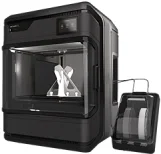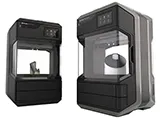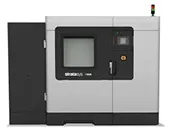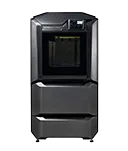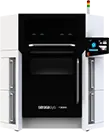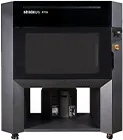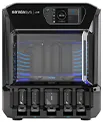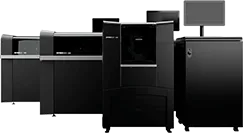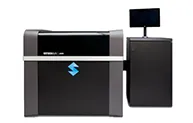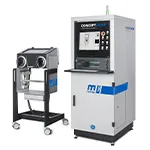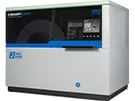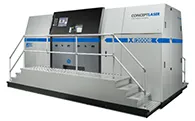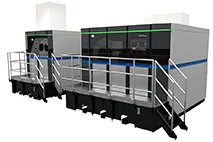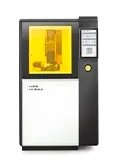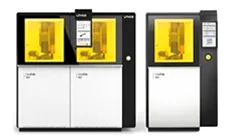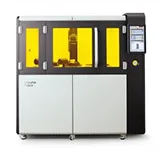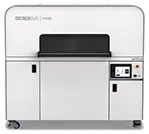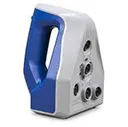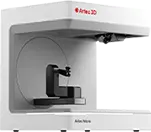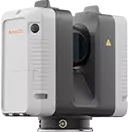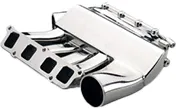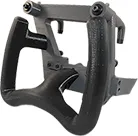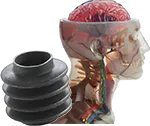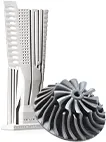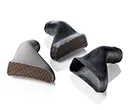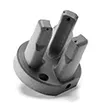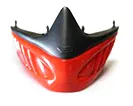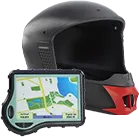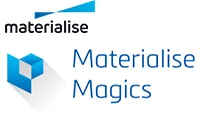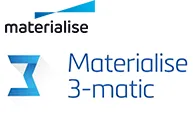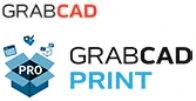Stratasys 3D printers & materials are embraced by the defence industry for their reliability & innovation.
No industry is more demanding than the defence sector. Considering that components are subjected to immense stresses in extreme environments, often with life-or-death consequences, the fact that additive manufacturing technology is becoming increasingly relied upon by the decision-makers, designers, and engineers of the industry is a ringing endorsement of how important it is. Nevertheless, the modern defence sector has far more requirements than just strength alone.
Stratasys 3D printers, materials, and their various kinds of print heads have proven invaluable in the ever-changing nature of conflict, and our experts at Objective3D are proud to be able to guide our defence sector customers towards the best solution for their needs.
Which Stratasys 3D printers are most commonly used in the defence sector?
Each customer in the defence sector has unique requirements, and the guidance of Objective3D regarding the best Stratasys 3D printer that meets their needs is based on a case-by-case basis.
From our experience, however, the sheer superior speed of Fused Deposition Modelling (FDM) often makes this the best-suited technology for a wide range of defence applications, and we’ve seen great results from Stratasys 3D printers like the Fortus 900mc and Fortus 450mc, alongside models in the F123 series including the F370CR and F190CR.
What are some of the most commonly used 3D printing materials in the defence industry?
In almost any defence application, there is a wide selection of additive manufacturing materials available. Most commonly, Nylon12CF is utilized because of its mechanical properties as well as its high tensile strength, making it an ideal thermoplastic material for direct replacement of metal parts.
With high chemical resistance, Nylon can also be used in a wide range of demanding environments, while aerospace-grade ULTEM™ 9085* (manufactured by SABIC Innovative Plastics) is a good choice for its strength-to-weight ratio, strong flame/smoke/toxicity rating and traceability.
What are some of the applications of 3D printing that are used in the defence sector?
With war evolving into a digital age, Objective3D is commissioned to advise on a wide range of defence projects.
Common defence applications include: mock up prototypes, functional prototypes, virtual simulation aids, manufacturing tools, thermal spray and shot peening mask tools, CNC tooling and fixtures, topographical models, UAV airframes, remotely operated robotic vehicles, spares and obsolescence management, satellite antenna arrays, end-use parts, camera housings, air ducts, wiring conduits and electrical housings.
How have Stratasys 3D printers been used by the defence industry in the past?
There is a recent case study illustrating the value that additive manufacturing can bring to the defence sector, involving repairs made to an AV-8B Harrier aircraft operated by the United States Air Force. As a result of the jet’s nose cone being damaged, a three-week delay was expected while it waited for traditional repairs to be made on an aircraft carrier.
As an alternative, engineers were able to repair the nose cone in less than a week, by using the Stratasys F900 3D printer with a polycarbonate material that is able to withstand pressures of up to 4000 pounds/square inch – therefore saving a considerable amount of money.
A further eight Stratasys F900 3D Printers were installed by the US Navy in 2021 to cost-effectively extend the life of strategic and tactical assets like end-use parts, tooling and training aids, as well as contributing to the Navy’s aircraft maintenance and distributed manufacturing programs.




